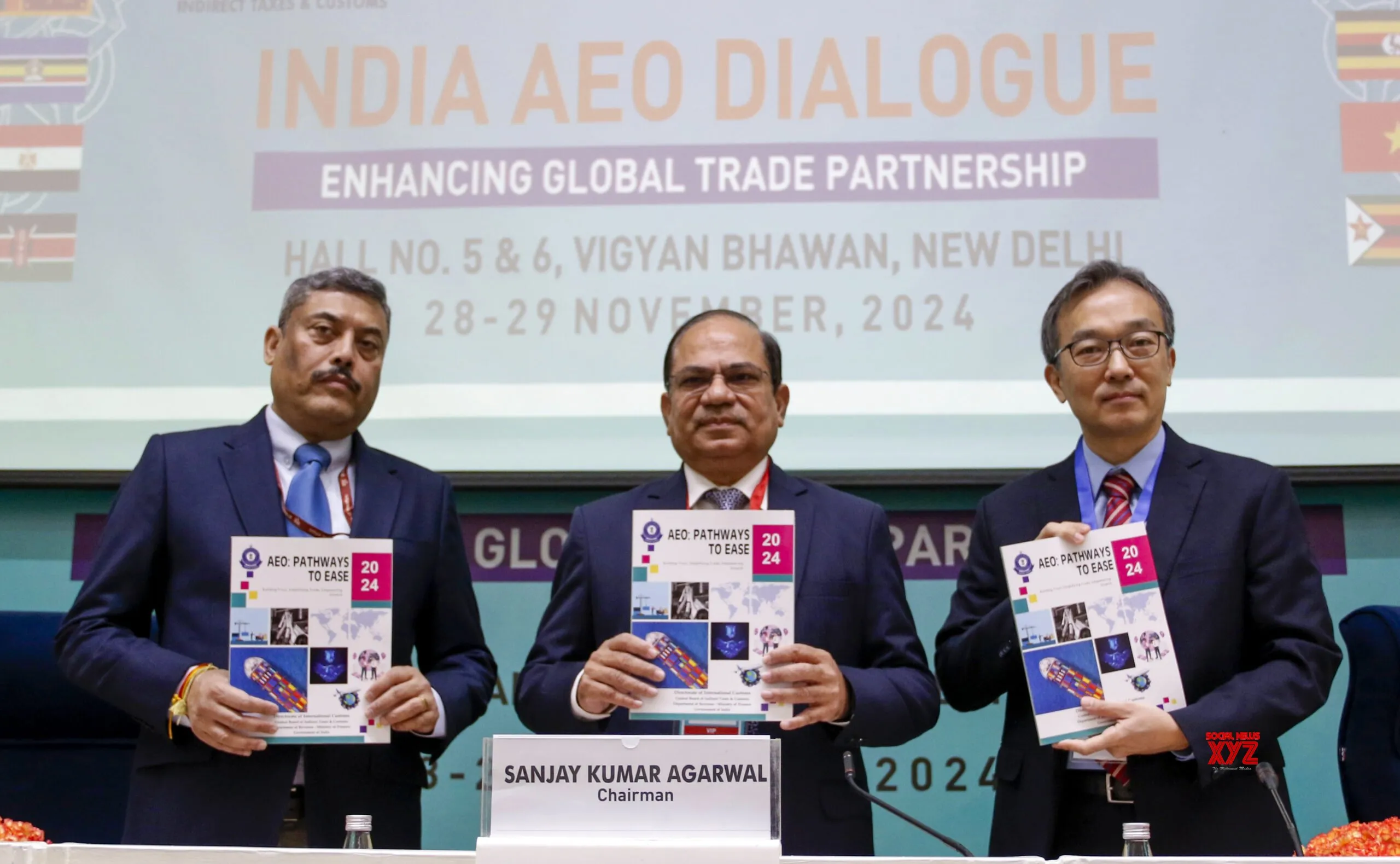
India actively engaged with 30 nations for mutual recognition agreements: CBIC Chairman
NEW DELHI : Central Board of Indirect Taxes and Customs Chairman Sanjay Kumar Agarwal on Thursday said India is actively pursuing negotiation for signing of mutual recognition agreements (MRAs) with customs authorities of about 30 countries.
Mutual recognition agreements help ease overseas trade by avoiding dual certifications. It thus reduces compliance cost, simplifying compliance requirements by adhering to only one regulation and enhancing trade opportunities.
India is proactively engaging with its trading partners to broaden and deepen the Authorised Economic Operator (AEO) program.
“There are at least 30 nations with whom we are looking to sign mutual recognition agreements”, Agarwal said while addressing the Global Authorised Economic Operator Conference. India is also in advanced stages of discussion with the eight-nation East African Community and New Zealand, he added.
A senior Finance Ministry official had in April told Informist that the customs agreement with Japan and South Africa will likely be signed within the next six months. Once these two agreements are signed, India will sign the pacts with the East African Community and New Zealand, the official said.
Informist had also reported that India was looking to sign a similar deal with Russia in October. The CBIC Chairman Thursday said that India’s latest mutual recognition agreement was signed with Russia, making it the eighth partner nation to have a cross-border trade facilitation deal with New Delhi.
This cross-border trade facilitation for customs clearance is different from a free trade agreement. The seven other nations with whom India has an agreement are the US, the United Arab Emirates, South Korea, Hong Kong, Taiwan, Singapore, and Australia.
The benefits that accredited merchants and companies get under these schemes include priority customs processing, lower inspection rates, and acceptance of self-declaration of origin of goods, which is a vital certificate for cross-border trade.
The push for these agreements is in line with the government’s thrust on expanding its footprint in global trade and diversifying its trade partners.
